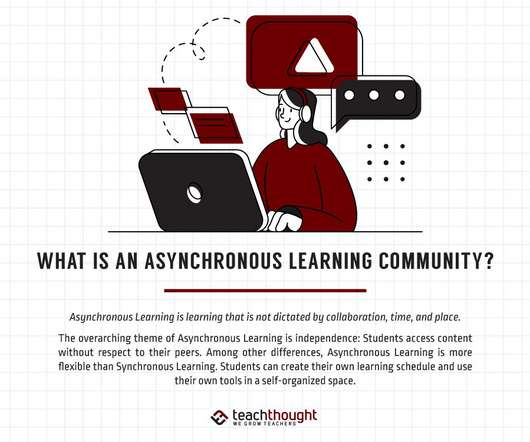The uberization of Higher Education: fad or fab?
Neo LMS
APRIL 20, 2021
Once technology became part of our daily routine and online learning solutions (MOOC providers, learning apps, learning management systems , etc.) In an Uber-like educational system, clients (students) have access to the best service providers (schools, universities, teachers, etc.), The topic is not new.












































Let's personalize your content